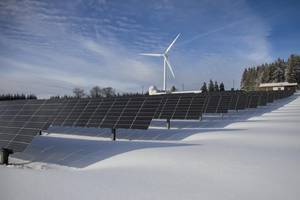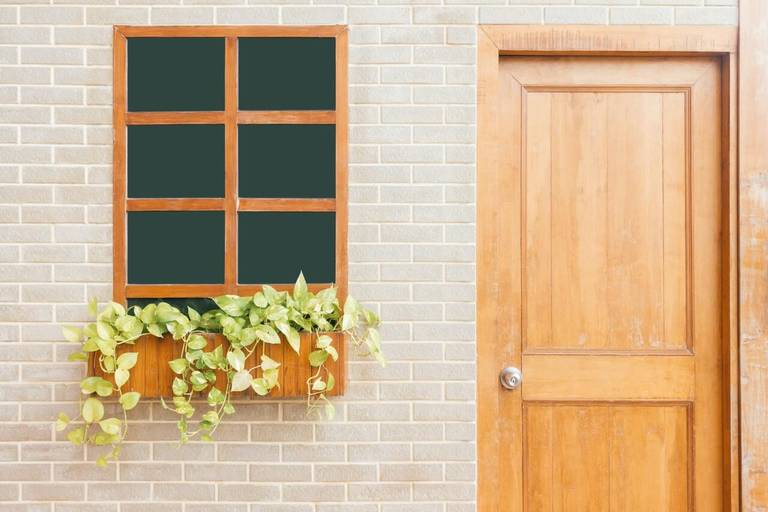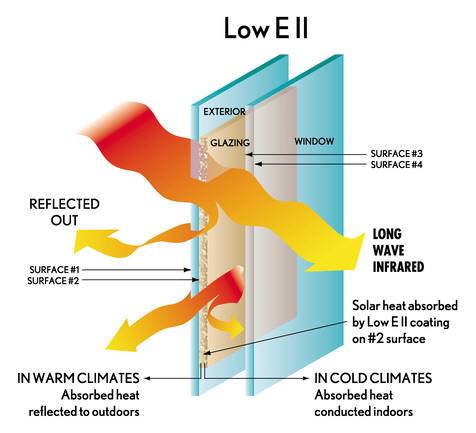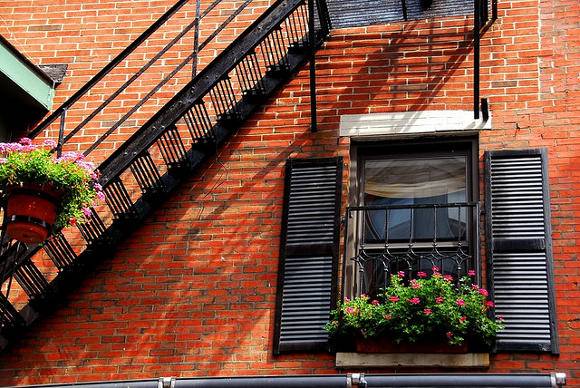If I Replace my Windows do I Save Energy and Money?
Many people make it a goal to become more environmentally conscious in the New Year. Suppose you are looking to go green when it comes to your home.
In that case, one significant step is to make the switch to energy-efficient windows that will help you save money and be more environmentally friendly.
Federal tax credits are offered for installing Energy Star Qualified windows that meet specific standards, making this upgrade even more affordable.
Replace your windows to invest in your home, save money on your utility costs and reduce the amount of energy you and your family consume.
Value of Energy Efficient Windows
New energy-efficient windows have great value for several reasons.
Window replacements are one of the best remodeling projects for investment return, and you will be able to recoup almost 80% of the cost in added value to your home.
If your windows qualify for a federal tax credit, you will save a few hundred dollars per window on top of everything.
Lastly, with energy-efficient windows, you will reduce your utility bill for additional savings every month.
See also: How to improve your old wooden windows by wrapping window sills with PVC.
Understanding Energy Performance Ratings
To determine the energy efficiency of a type of window, check the Energy Star labels to determine how the replacement will perform in your climate and area.
The energy performance ratings of windows are determined by various measurements you should be aware of when searching for the perfect window for your home and budget.
U-factor is the rate at which your windows conduct non-solar heat and can refer to either the glass or the glazing. Choose a window with a low U-factor for better energy performance.
The solar heat gain coefficient (SHGC) measures how much solar radiation is admitted through the windows and released as heat into your home. The lower the SHGC, the less heat comes into your home, reducing your cooling costs in the warmer months.
Air Leakage is the air movement rate around your windows, and a window with a low air leakage rate will be tighter and therefore allow less hot or cold air to seep into your home. Understanding these three measurements will help explain how energy-efficient windows save you energy and money.
Important Home Window Decisions
In addition to your windows' energy performance ratings, there are other factors to consider when choosing your windows and suggestions to help increase your energy efficiency even more.
Spoiler alert: You can easily improve old, single-pane windows by installing bubble wrap insulation.
Prevent excessive heat gain in the summer by installing awnings or overhangs outside your windows to reduce direct sunlight. If you are building your home, try to avoid east or west-facing windows as the sun from these directions is more difficult to control.
Choose awning windows that hinge at the top and open, hopper windows that hinge and the bottom and open, or casement windows that hinge at the side for low air leakage rates. Double-hung and sliding windows have higher air leakage rates, which can reduce energy efficiency.
Overview
Overall, replacement windows are a valuable and smart investment for your home and will reduce your carbon footprint as well as monthly utility expenses. Take the time to learn about important factors to consider when choosing replacement windows.
Make sure to hire a reputable, licensed contractor to install your windows correctly to ensure optimal performance.





